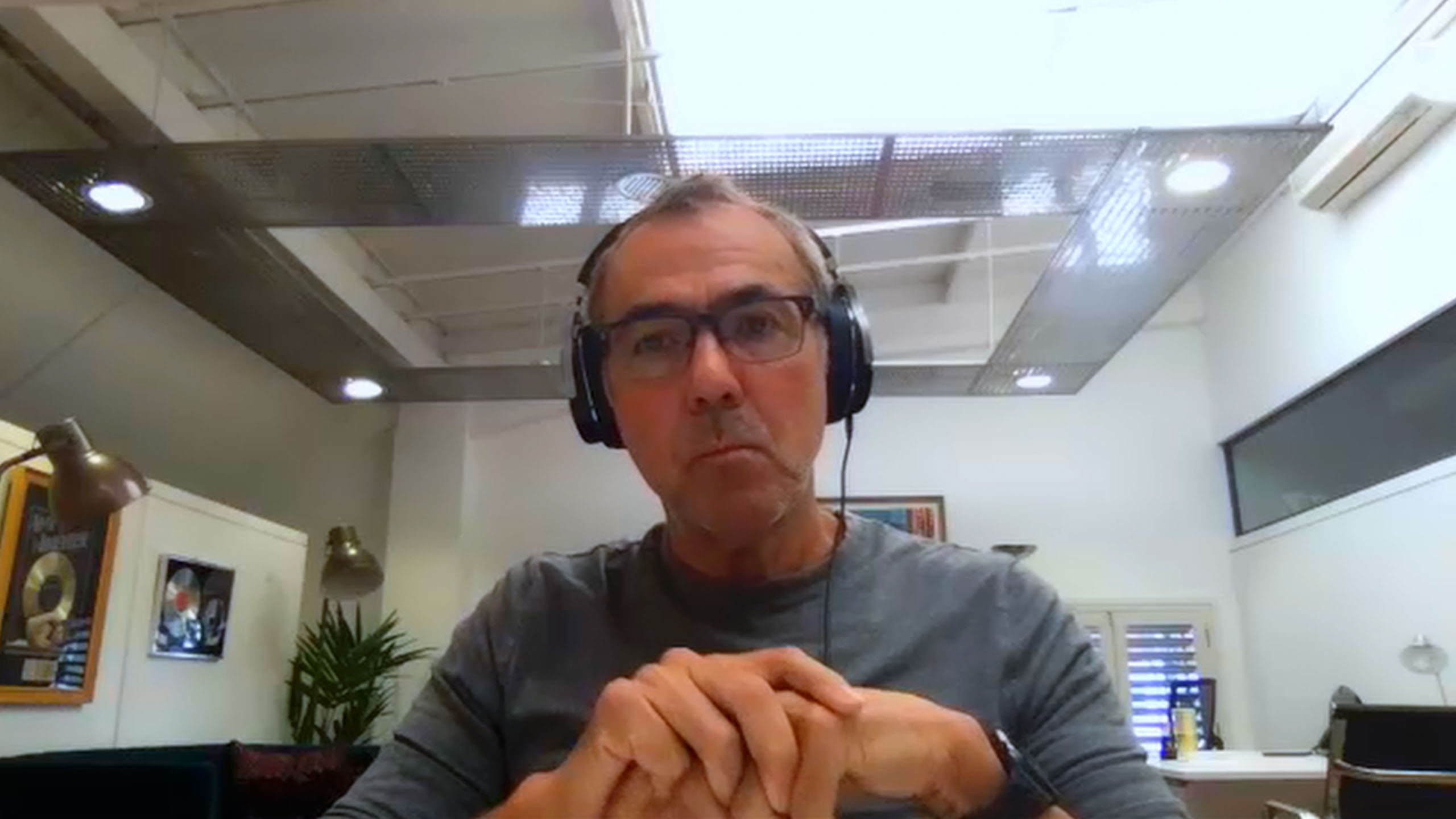
Spotify vs Labels: Royalty Wars
Former Chairman and CEO, Sony Music, UK
inpractise.com/articles/spotify-rates-to-labels
Why is this interview interesting?
- Potential evolution of Spotify's cost of licensing content from major record labels
Nick Gatfield
Former Chairman and CEO, Sony Music, UK
Interview Transcript
If you play this forward, five to seven years, do you think how much Spotify have to pay back to the labels, for the repertoire, will decrease, as they gain scale?
No; I actually don’t see that there will be much change there. The reality is – and I think Spotify have realized and this is why they have such an emphasis on third-party content, such as podcasting – it’s very hard to build a significantly profitable business, licensing third-party repertoire, regardless of what it is. Yes, there are minor tweaks, in terms of the pay away but, by and large, the range will be 65% to 70% of major repertoire, because that’s what is now. Now, the majors look at it and go, Spotify are kind of in control and driving the market. In some of those initial discussions with Spotify and as recently as three years ago, there used to be a minimum guarantee that Spotify had to pay the rights holders, regardless of whether the streaming consumption was there or not. There were penalties built in for missing subscriber growth targets. The rights holders really screwed it to Spotify. Spotify always hit their targets and, generally, exceeded them. But they realized, we’re never going to be able to get our pay away significantly lower where we are going to be able to drive a profitable business this way. We have to diversify our revenue streams. We have to find alternative, non-major owned repertoire; we have to build what they call a two-sided marketplace, as well. We have to provide tools for artists and we have very rich data that we provide to artists. We are a marketing platform, as well, so we can start monetizing those aspects of what we have.
That is absolutely what has happening. But I think the majors’ ability, right now, to demand too much of Spotify has gone. I think the balance of power has shifted to them.
Copyright Notice
This document may not be reproduced, distributed, or transmitted in any form or by any means including resale of any part, unauthorised distribution to a third party or other electronic methods, without the prior written permission of IP 1 Ltd.
IP 1 Ltd, trading as In Practise (herein referred to as "IP") is a company registered in England and Wales and is not a registered investment advisor or broker-dealer, and is not licensed nor qualified to provide investment advice.
In Practise reserves all copyright, intellectual and other property rights in the Content. The information published in this transcript (“Content”) is for information purposes only and should not be used as the sole basis for making any investment decision. Information provided by IP is to be used as an educational tool and nothing in this Content shall be construed as an offer, recommendation or solicitation regarding any financial product, service or management of investments or securities.
© 2026 IP 1 Ltd. All rights reserved.


